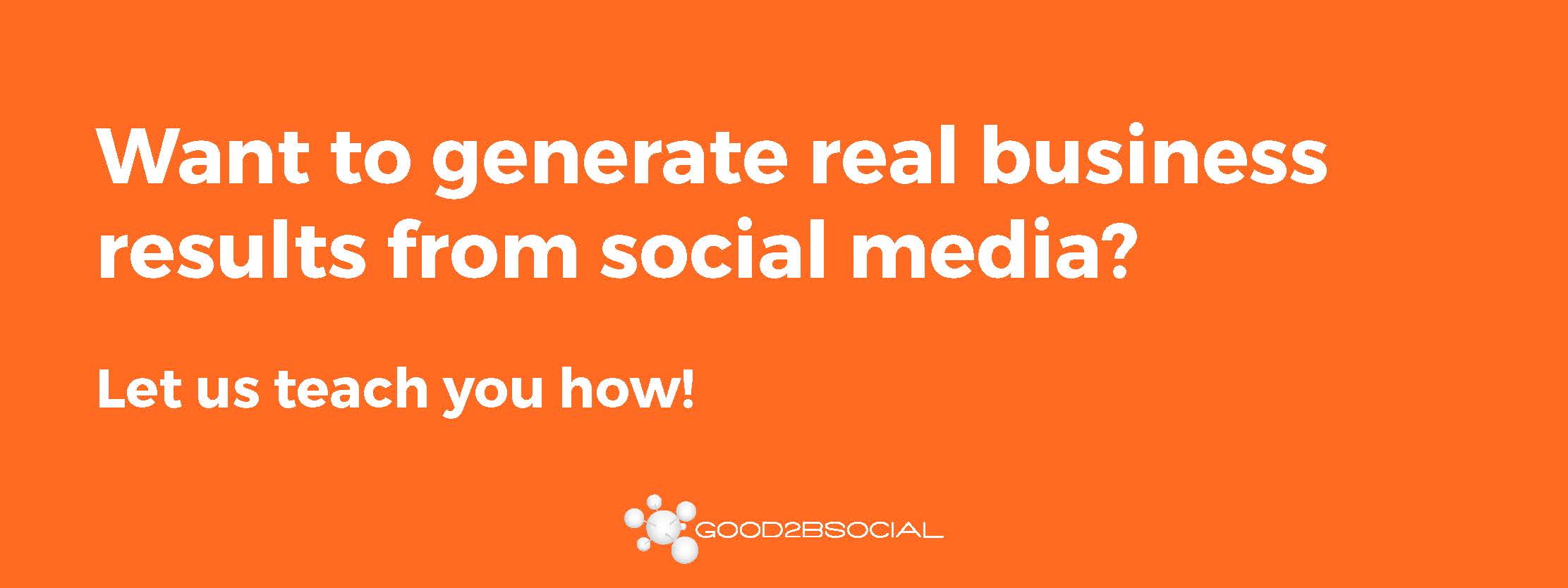
A Guide to Social Media Disclaimers for Lawyers

My goal in this blog is to provide you with some thoughts on how to handle disclaimers on social media. However, to provide my own disclaimer, please make certain you check with your jurisdiction(s) rules to make certain that your disclaimers are correct. I am not providing you legal advice today. Rather, I am providing you with educational information that you can use to build your own disclaimers throughout your social media presence.
Do you Need a Social Media Disclaimer?
I think it is always wise to have a disclaimer whenever you can. People can easily misunderstand certain information you put forth online and disclaimers state that you are not liable for such misunderstandings. In my opinion, there is no reason not to have a disclaimer on your social media accounts, unless there is no room. However, you will only need a disclaimer if you engage in conduct that requires it. For example, if you keep your personal Facebook account to friends and family, and never do anything that could be construed as seeking clients, it is unlikely you need a disclaimer on your personal account.
Most social media sites have a place you can find to put a disclaimer. The only one that is all but impossible is Twitter, due to the limitations on the profile. As far as my disclaimers, here is where I recommend to put them:
Disclaimers on Social Media Accounts
Facebook Business Pages – Facebook business pages have an Impressum. You can put your disclaimer right there. It shows up on the More Info section of the page.
Facebook Personal Account – Facebook personal pages have an About section. Under that section is an area called Details About You. You can place your disclaimer there.
LinkedIn Company Page – LinkedIn company pages have an “About” section. You can place your disclaimer at the bottom of that section, immediately above Company Details.
LinkedIn Personal Account – Place the disclaimer at the bottom of the introductory section of your profile.
Quora – Quora is a question and answer site. Put your disclaimer at the bottom of your profile. Quora also provides a special tool for lawyers which allows you to put a disclaimer on each post.
Avvo – Avvo is made for lawyers, so it has built in options for disclaimers for each post or article.
Twitter – Twitter does not have room for a disclaimer. With the increase in characters, it may be possible for you to follow your jurisdiction’s requirements. It may not. You will have to decide if it is appropriate to use Twitter for legal advertising in your jurisdiction.
I have never been concerned about using Twitter in Pennsylvania. However, I am also certain to have a very good disclaimer on the firm’s website. This includes a disclaimer on every page and post, as well as a larger disclaimer on the site itself. This does not alleviate the requirement to have a disclaimer on Twitter itself, if your state requires such a thing. For a sample disclaimer that you may use freely (after you adjust it properly) see: Sample Disclaimers for Law Firm Websites.
Disclaimers on Specific Posts
Whether you need to put a disclaimer at the bottom of a specific post will depend on the post and the jurisdiction in which you practice. In Pennsylvania, for example, the only time I feel the need to put a disclaimer in a post is when I am providing specific information about the results of a case the firm handled. In that situation, I put something about prior results not guaranteeing future results, because every case is different.
However, in other jurisdictions, such as California, anything that could be construed as advertising currently requires a disclaimer in each post. That disclaimer must include that the post is Advertising, and other additional language as appropriate. I know California is considering adjusting its rules, so this recommendation may well change. The point here is that it is very important that you check with your jurisdiction and make certain that you follow the recommendations of your state/local bar associations and your ethics rules. Unfortunately, most states do not provide clear guidance on this issue. California has an excellent guidance opinion (PDF) on how to determine whether a social media post is advertising. Pennsylvania also has an opinion which provides guidance (PDF) on how lawyers may, and may not, use social media. Again, please make certain to check your own jurisdiction’s rules and guidance on this issue.
Example Social Media Disclaimers
As with all things, it is critical that you check your own rules to make certain that your disclaimers are appropriate. For my own social media accounts and pages, these are some of the disclaimers that I use.
Facebook Business Page
Nothing on this page, or in links provided on this page, constitutes legal advice or the practice of law. Nor does viewing this page form an attorney/client relationship between you and Jennifer Ellis, JD, LLC. All visitors should consult with a qualified legal professional regarding their individual questions, needs, or issues that may be of concern. We are not responsible for any action taken by a reader based upon any information on this site. All of the content on this site is for general informational and educational purposes only. Jennifer Ellis is licensed to practice law in Pennsylvania.
Facebook/LinkedIn Personal Account
Please note, nothing I write on Facebook/LinkedIn is legal advice. Nor does any communication in which we engage form an attorney client relationship. Please do not act or refrain from acting based on anything you see on my Facebook Timeline or as the result of any private messages we share here. You only become my client once we have a signed retainer agreement. I am licensed to practice law in Pennsylvania.
LinkedIn Company Page
Please note, nothing I post on this site is legal advice, nor does reading anything I write or communicating with me on or through LinkedIn form an attorney/client relationship between us.
A Word About Tone
You will note that sometimes I refer to myself in the first person and sometimes I refer to myself in the third person. Accounts are personal, and so I use “I.” Business pages are generally meant to advertise a business, even if that business is an individual. As a result, I tend to be more formal. It is important to strike the correct tone in your advertising.
Takeaway
The key about disclaimers, is to make sure that you place them in an obvious place and that you make certain that they have the appropriate language for your jurisdiction. Most jurisdictions have failed to provide any guidance about disclaimers on social media. As a result, we frequently are left to guess whether a disclaimer is necessary and what the disclaimer should contain. I always recommend that lawyers err on the side of caution and include a disclaimer. In most cases, you will be able to find space to put something. If you cannot find any guidance in your jurisdiction, look for guidance on website disclaimers and see if that provides any help. In addition, make sure you determine if disclaimers are necessary on a specific post. If so, use them accordingly.
About the author:

Website: Ask Jennifer | Twitter: @JLE_JD
Updated and republished from Nov 16, 2017
Are you ready to get started generating new, qualified leads?
Contact us to get started and let us help you energize your digital marketing and business development efforts.
Contact Us

